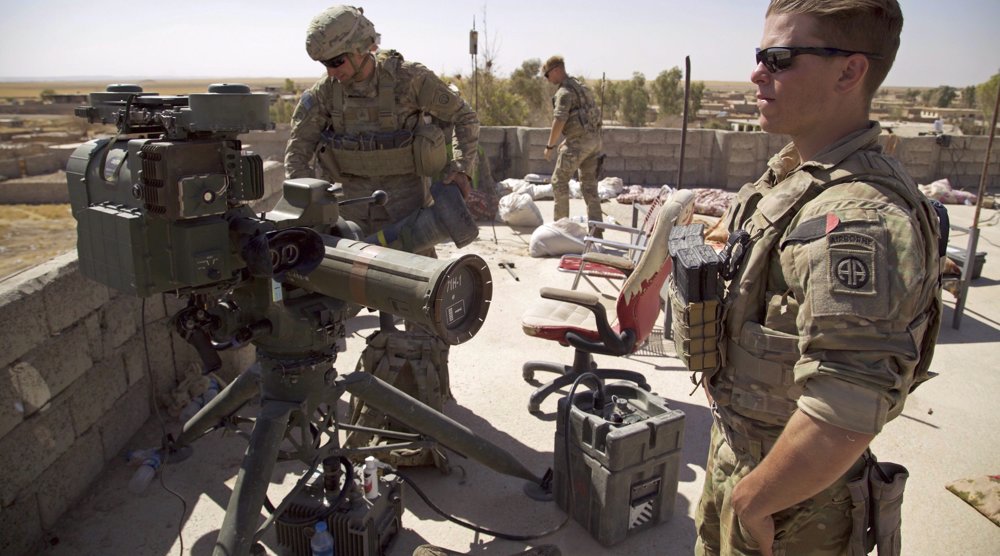US beginning to realize there’s no future for war in Middle East, analyst says
A political commentator says the House of Representatives has achieved nothing with its recent move on the authorization for the use of military force in Iraq.
Earlier on Thursday, the House Foreign Affairs Committee advanced a measure to repeal a nearly two-decade-old authorization for the use of military force in Iraq, weeks after US senators introduced bipartisan legislation to take back the White House’s authorization for the use of military force in the Middle East.
It may appear as the lawmakers’ first effort to claw back their war-making powers under President Joe Biden, but Micheal Springman tells PressTV that “there's a back and forth in Congress and with the administration of Joe Biden about exactly what is going to be done” about the future of US military in Iraq.
The analyst says when the Biden administration says it would remove the soldiers but would keep some forces for advisory roles and coordination, it means they are not actually planning to leave. “To me at least, it sounds like, no, we're not going to take all our soldiers out of Iraq, we're still going to continue to occupy the country,” Springman said.
“The reason why the Congress has taken so long is that, I think, finally they're begining to see other priorities than fighting wars in the Middle East on behalf of Israel... So I think people are beginning to recognise that there is no future for war in the Middle East, although nobody has come out and said this, but they've said that in various statements about the bills in both houses that it's time for a change, that this is a problem, and this works against the interests of the United States,” he noted.
The measure, supported by both Democrats and Republicans, scraps the 2002 authorization for the use of military force (AUMF) against Iraq, which was issued when former Iraqi dictator Saddam Hussein was in power.
A similar move is already in motion in the US Senate, which was proposed by Democratic Senator Tim Kaine and Republican Senator Todd Young, who are pushing to repeal the AUMF, as well as a 1991 measure that also authorized military force in Iraq.
“I don't see Biden being wholeheartedly in favor of this. After all, he was the guy who used this authorization to bomb Iraqi forces on the Syrian border, and he certainly is opposed to Iran, and he's certainly opposed to letting the Iraqis and the Syrians settle their own political differences inside their own countries and to permit them to go ahead with essentially their version of democracy and self-control and sovereignty,” Springman said.
The US is slated to resume strategic talks with Iraqi officials next month regarding the status of its combat forces, as Washington and Baghdad are expected to set the tone for the relationship between the two countries in the coming years.
White House press secretary Jen Psaki said the talks will be an important opportunity to discuss the two countries’ mutual interests across a range of fields from security to culture, trade and climate.
Talks between the US and Iraq began in June 2020 under the Trump administration. But the upcoming talks are the first under the Biden administration.
‘Multipolar world finally emerges’: Trump’s ‘National Security Strategy’ sparks online buzz
Netanyahu says won’t quit politics even if granted pardon in corruption trial
Macron warns Beijing of tariffs in bid for EU-China trade deal
White House pushing for Sisi–Netanyahu summit: Report
Iran’s tax-to-GDP ratio at 6.4% in March 2025: SCI
VIDEO | Tulkarm horror: Israeli forces used 10-year-old girl as human shield
VIDEO | Press TV's news headlines
VIDEO | Rallies held across Australia in support of Palestinians










 This makes it easy to access the Press TV website
This makes it easy to access the Press TV website